
®
SHIPSPOTTING.COM
WELCOME TO SHIPSPOTTING.COM
HORIZON RELIANCE - IMO 7729461
Photo
details
Photographer:lappino [ View profile ]
Captured:Aug 14, 2017
Title:Horizon Reliance
Location:Honolulu, United States
Photo Category:Containerships Built 1971-1980
Added:Feb 12, 2018
Views:2,277
Image Resolution:1,925 x 1,086
Description:
Sailing from some other times to Honolulu, as seen from the lookout point above Hanauma Bay Natural Preserve.
Vessel
particulars
Current name:HORIZON RELIANCE
Former name(s):
Current flag:U.S.A.
Home port:Philadelphia Pa
Vessel Type:Container Ship
Gross tonnage:34,077 tons
Summer DWT:46,631 tons
Length:274 m
Beam:30 m
Draught:9.4 m
Photos:14 photos by 7 photographers
AIS Position
of this ship
Last known position:31°22’33.17” N, 125°19’35.13” W
Status:
Speed, course (heading):20.2kts, 249.9° (251°)
Destination:
- Location:Honolulu
- Arrival:22nd Apr 2024 / 06:00:17 UTC
Last update:1 day ago
Source:AIS (ShipXplorer)

Photo
Categories
This ship exists in the following categories:
Containerships built 1971-1980 - 14 photos
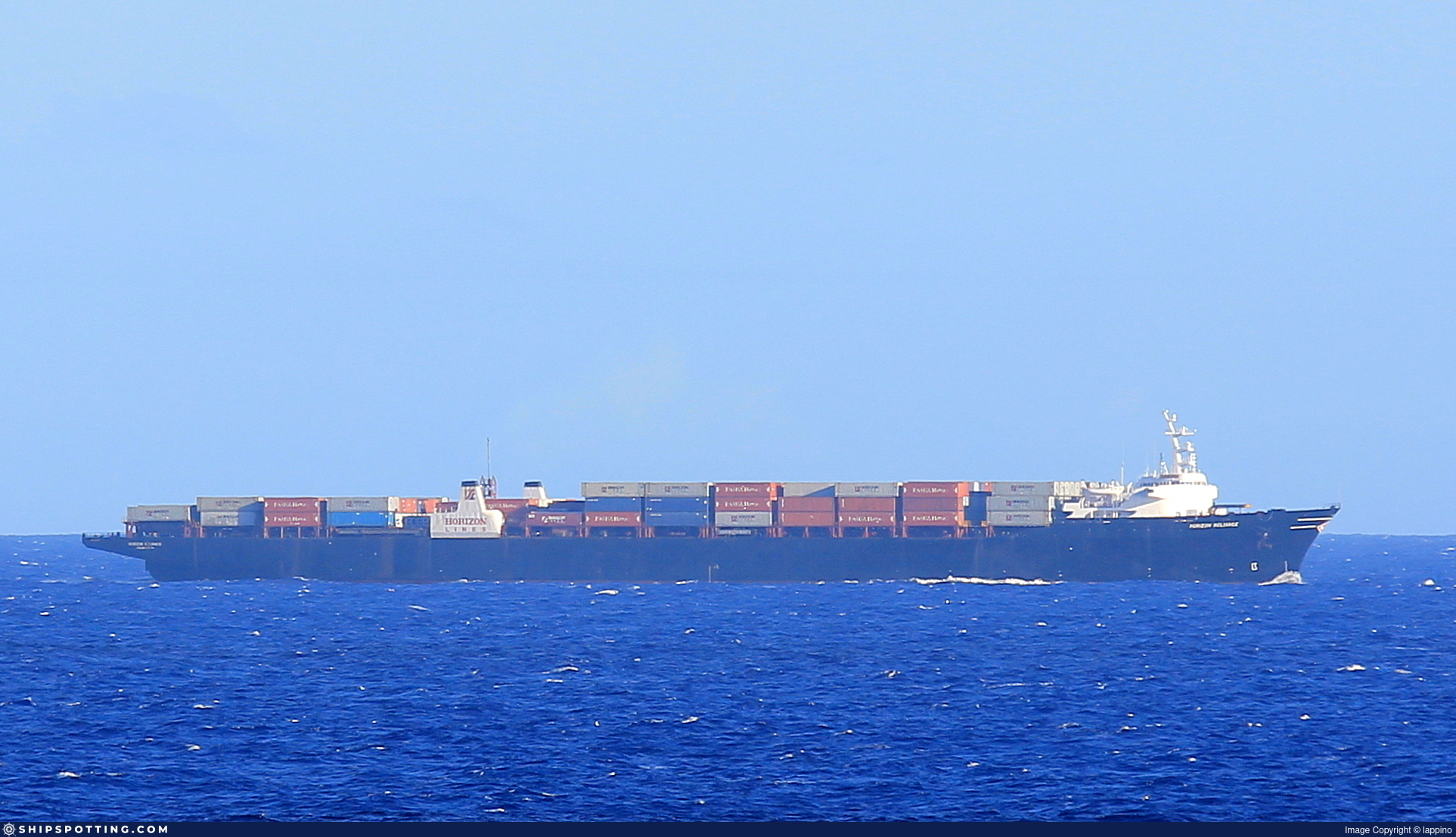

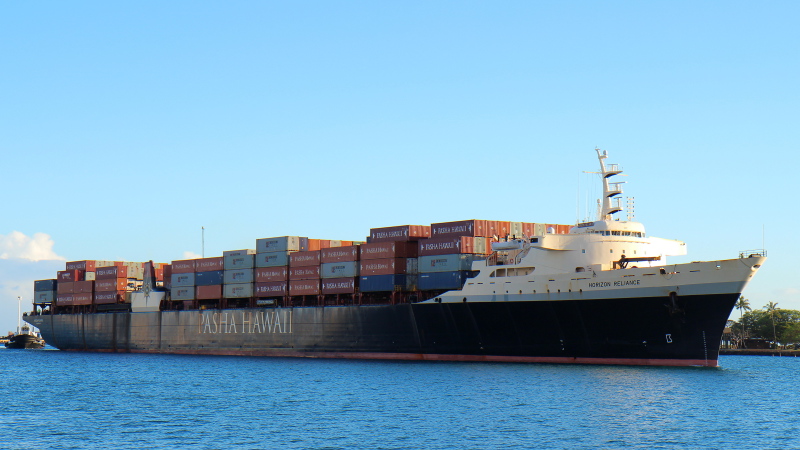
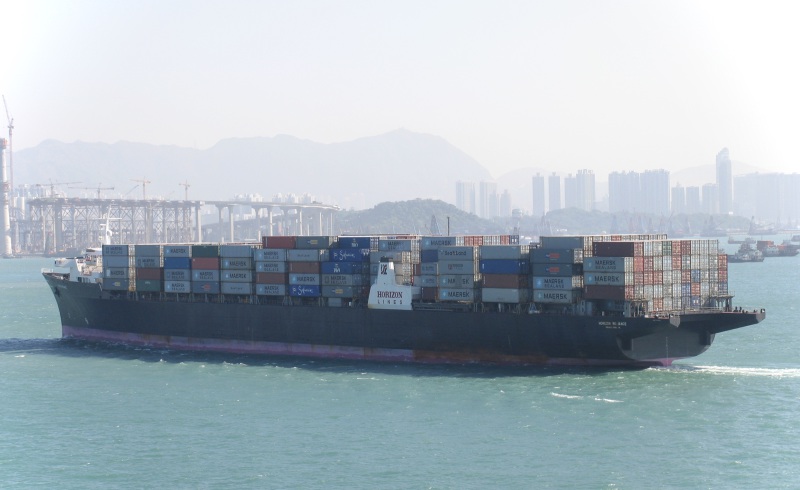
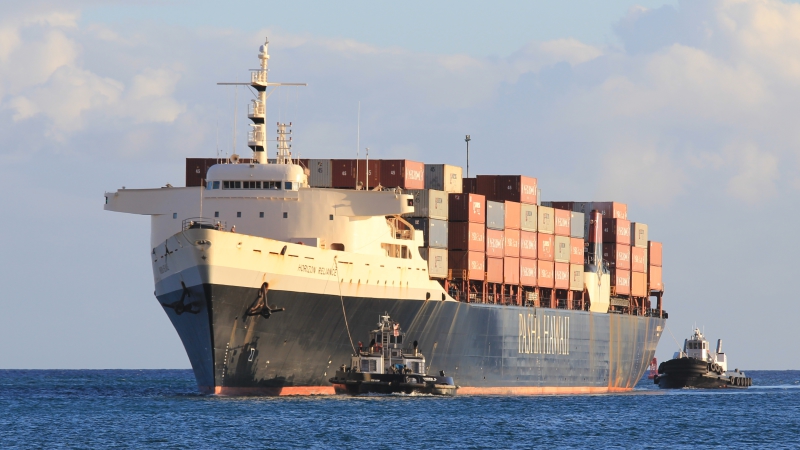
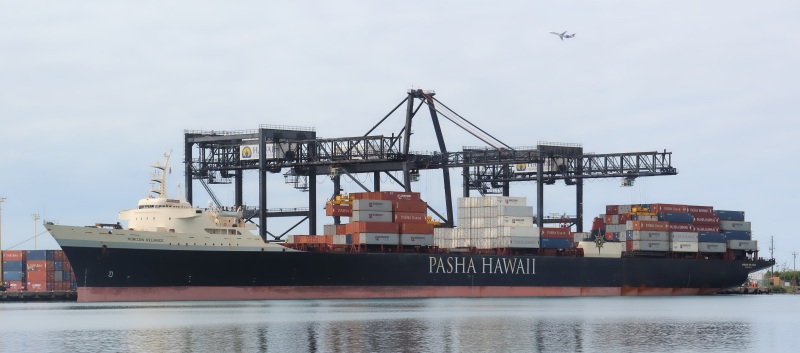
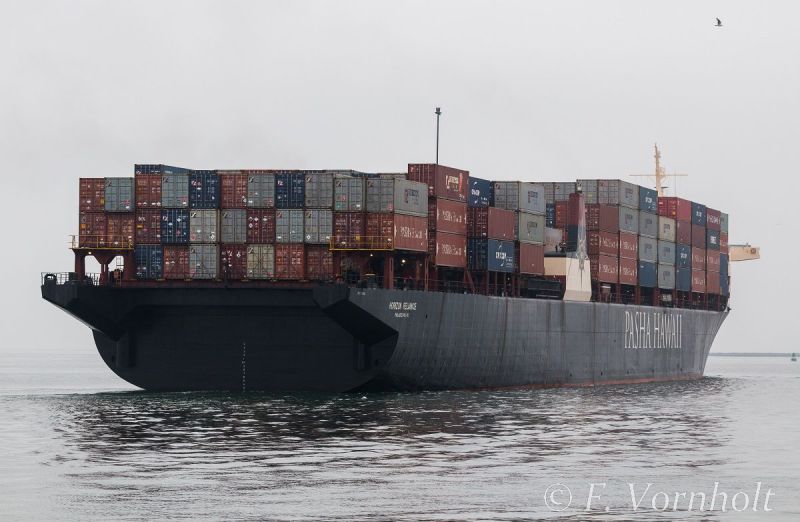
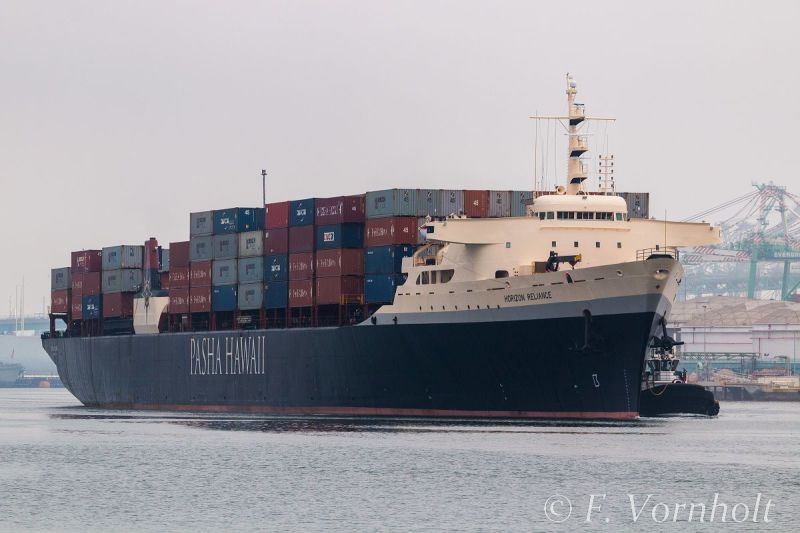
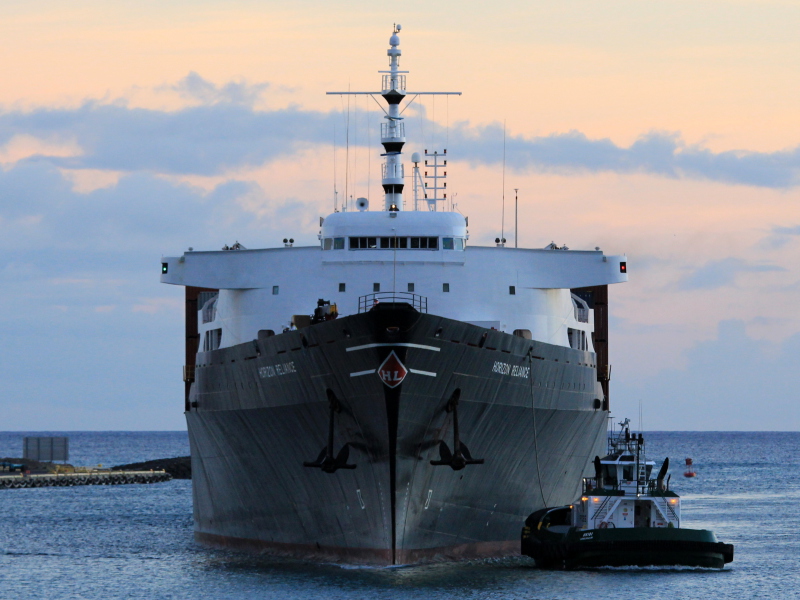
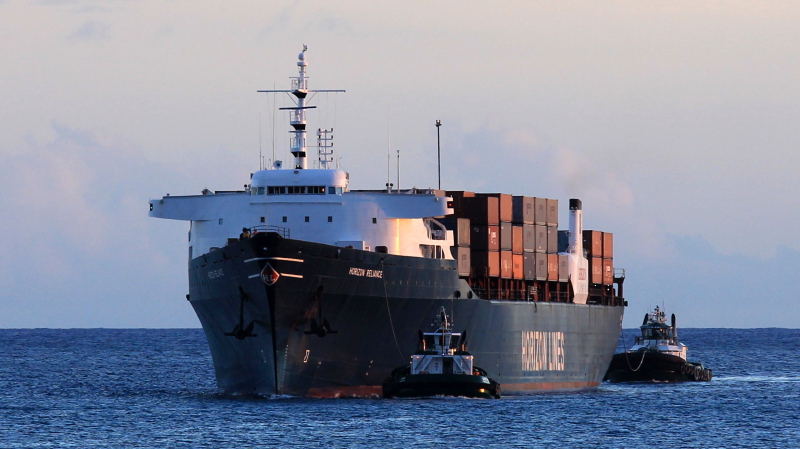


COMMENT THIS PHOTO(8)
However, what I see overall is a shipbuilding industry that has been virtually killed off or reduced to maintenance yards, while just across the border in Washington state, a handful of shipbuilding yards are still getting commercial and government orders, even with strong competition from cheaper builders in the American South.
Edit
comment
Edit
comment
Cheers
Vlad
Edit
comment
Edit
comment
Cheers
Vlad
Edit
comment
Edit
comment
Cheers
Vlad
Edit
comment
You don't see them that often on shipspotting.
Cheers,
Roy
Edit
comment